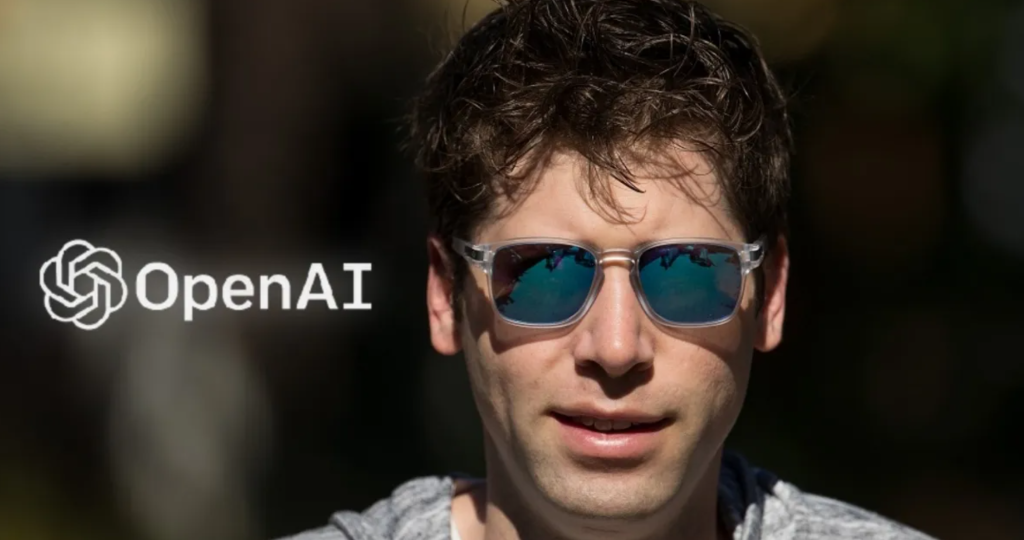OpenAI CEO Sam Altman is making waves with a staggering funding proposal: $7 trillion. His goal? Transform chip production, fuel AI advancements, and tackle the global chip shortage. This ambitious plan, however, raises questions about feasibility, ethical concerns, and Altman’s own recent controversies.
Addressing the Chip Crunch, Powering AI Growth
The crux of the initiative lies in building numerous chip foundries, potentially operated by giants like TSMC. This aims to address two key issues:
- Chip Scarcity: OpenAI’s AI models, like ChatGPT, require advanced chips that are currently in short supply, hindering their growth.
- Global Dependence: Chip production is largely concentrated in a few companies, creating vulnerabilities for AI advancement.
Altman has reportedly engaged with high-profile players like the UAE government, TSMC, and SoftBank, suggesting international efforts might be in the works.

OpenAI’s Vision and the Industry Landscape
Backed by Microsoft, OpenAI has established itself as a major player in AI. While details of their chip venture remain under wraps, discussions reportedly focus on improving global infrastructure and supply chains, aligning with their goal of democratizing AI.
However, the sheer scale of the proposed funding – ten times the annual semiconductor industry revenue – raises eyebrows. Some consider it “wildly ambitious,” while others question its feasibility and potential ethical complexities.
Altman’s Controversial Background
Adding another layer to this story is Altman’s recent personal drama. In November, he faced potential removal from OpenAI, a company he co-founded. While reinstated after staff and investor pushback, the episode raises questions about leadership and decision-making in this potentially groundbreaking venture.
OpenAI’s Chip Gambit: Questions and Possibilities
OpenAI’s chip venture, with its immense financial goals and ambitious vision, has ignited a debate. While it holds the potential to address critical challenges in the AI and chip industries, concerns about feasibility, ethical implications, and leadership linger. Only time will tell if Altman’s gamble pays off, revolutionizing AI or leaving behind a trail of unanswered questions.
FAQs:
Q: What is the purpose of OpenAI’s chip venture?
A: To build chip foundries, address the chip shortage, and potentially improve global AI infrastructure.
Q: Is $7 trillion a realistic funding goal?
A: The enormous sum raises doubts about feasibility, with many calling it “wildly ambitious.”
Q: What are the ethical concerns surrounding this venture?
A: Potential concentration of power, control over AI development, and resource allocation are key concerns.
Q: How does Altman’s recent controversy impact this project?
A: It raises questions about leadership and decision-making within OpenAI.
Q: What are the potential implications of this venture?
A: It could revolutionize AI development, and address chip shortages, but also raises ethical and economic concerns.




